Dear AAF friends
With the recent distressing news coverage from South Africa, many of you have kindly enquired about how our African AIDS Foundation (AAF) projects and friends are managing amidst the stories containing increasingly distressing reports of societal decay. We indeed report that Matthew and I discovered the impending national elections and flagrant government dysfunction were on full display during our 3rd (self-funded) visit to Africa in under a year.
We are relieved to report that our blessed friends are unscathed, yet anxious about what the future holds in their beloved broken rainbow nation.
The rainbow nation was a term coined by Archbishop Desmond Tutu from South Africa. It describes this diverse nation with people of all colors, from all backgrounds, rich and poor, all religions and many different languages.
Having witnessed much pain and brokenness on this trip, Matthew and I have found it difficult to capture in words for our dear family of supporters.
Upon reflection after a few weeks at home, it seems we endured a thunderstorm which left us chilled. Our emotions have now settled into a calm stillness, greatly helped by the conversations shared over tea with my parents in the safety of their home, and the reality that we have a steady committed village of prayerful supporters who love our African brothers and sisters like their own.
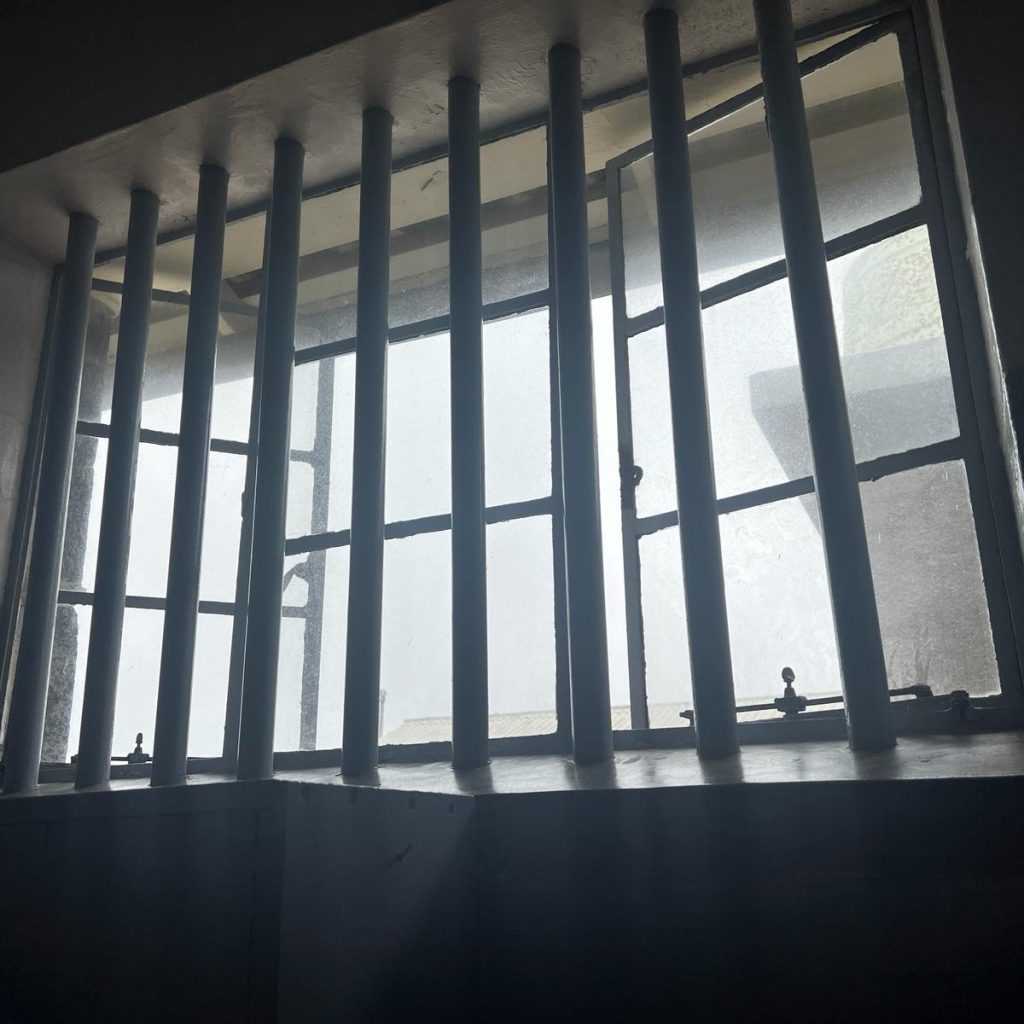
This trip our journey started unusually by flying to AAF projects via Cape Town. Here we saw the broken South Africa showcased at her finest, a facade for tourists and wealthy locals. For us our highlight in Cape Town came as we managed to visit the penal colony of Robben island, which revealed the origins of South Africa’s fractured society. We were reminded of the traumatic epoch of terror that this rainbow nation was founded on almost 30 years ago. We learnt more of the monumental figure of Nelson Mandela who was imprisoned on this island for 27 years of tribulation.
We peered into the tiny cell in which he was incarcerated during those dark days of apartheid; We felt the icy Atlantic wind and tried to imagine the endless cold, the hunger, the loneliness and brutality of deprivation from family and basic human rights experienced by too many political prisoners in this desperately sad era. An era that boasted a different sort of pain and brokenness to that which is evident today.
Indeed this visit jolted my own childhood memories which were overshadowed by the insidious regime in which my parents chose to work. We kids grew in colonial security on the side of the purple mountains, buoyed along by friends such as the Holst and Stockil clans (who help with AAF to this day). Apartheid for us kids mainly comprised of knowing we were different to others at our “white” school, as our parents medically treated the “blacks” and rumours abounded that Dad could therefore not be a “real” doctor but more likely a failed vet. This relentless shadow persisted through childhood, especially at bedtime when I fretted about what toys to carry into hiding should the secret police come and arrest my father. I worried police would also take my outspoken mother who was herself fighting to discover methods to keep malnourished dying babies alive, wondering whether I would have time to gather my baby brothers bottles before we fled, especially if both my parents had been taken due to their contempt for the apartheid regime. That was the reality of our Australian family embedded as foreigners for 9 years in a sanctioned apartheid world, on an ancient continent which has bled from many gaping wounds – but few as malignant as the apartheid regime.
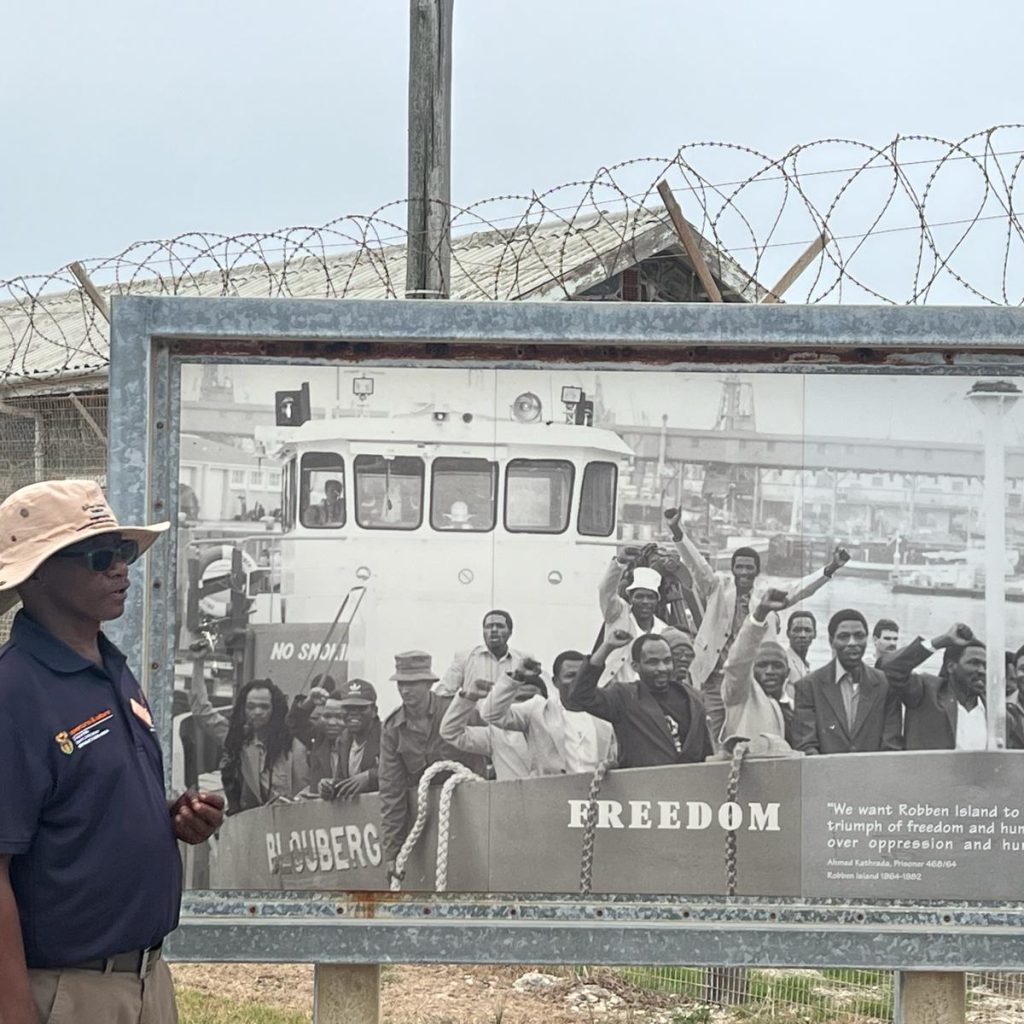
On Robben island (now a UNESCO world heritage site after being used for 400 years to isolate, banish and exile), Matthew and I reverently “took the tour”. We trod into jail cells, leeched in pain although scrubbed clean but somehow the iron smell of blood from this violent history clung this day. One cannot fathom that from such pain and brokenness good could have come.
But it did; in the form of many great African leaders. Men who were hungry to redeem the nation’s glory. Somehow these painfully sharpened men birthed a vision, and the rainbow nation came to be from inside walls forged by decades of pain.
Robben island reminds and encourages us all as we face our own difficulties, that greatness is oftentimes born by wading through seemingly insurmountable hardship.
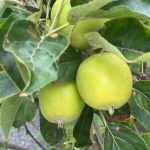
Today South Africa stands at another crossroad of terror as a national election looms like an impending storm.
Finally we stepped onto the infamous hallowed ground of the cement-enclosed courtyard in which Mandela shivered, laboured, hungered and outsmarted guards by receiving and writing political papers. The monotonous grey walls of this jail were only broken by the sky overhead, a grape vine and an apple tree – which Mandela allegedly hid the pages of his autobiography writings under. To our delight, today the stump of an original tree persists, surprisingly resilient and laden with green unripe apples.
Today the broken rainbow is angry. Her hopes and dreams are obscured by the thunderclouds of endless swathes of hopelessness and electrifying unrest. A flotsam and jetsam of rainbow debris bobs all around in the form of broken lives burnt by the dust and pain of human violence and sinfulness. A thunderclap realisation breaks in many a consciousness that for now the rainbow dream has failed.
Brokenness is in the air.
Brokenness seethes.
Broken roads – evident when driving, whilst traffic lights are switched off because of level 6 load shedding.
Broken water supply – because the thirsty townships are more easily swayed to vote for particular parties when parched of this basic human need.
Broken power supply – as the power grid has collapsed allegedly from government mishandling.
Broken police force – as endemic corruption escalates.
Broken farms – as reclaimed previously productive farms boast only yields of thistles.
Broken schools – as schools need power, paper and of course teachers; which have all been stripped away as corrupt governments redirect allocated funds into election propaganda.
Broken hospitals – as newly graduated doctors cannot be employed without funds for new positions.
And above all – Broken hearts and dreams of what could have been as the “rainbow people of God” nation turns 30.
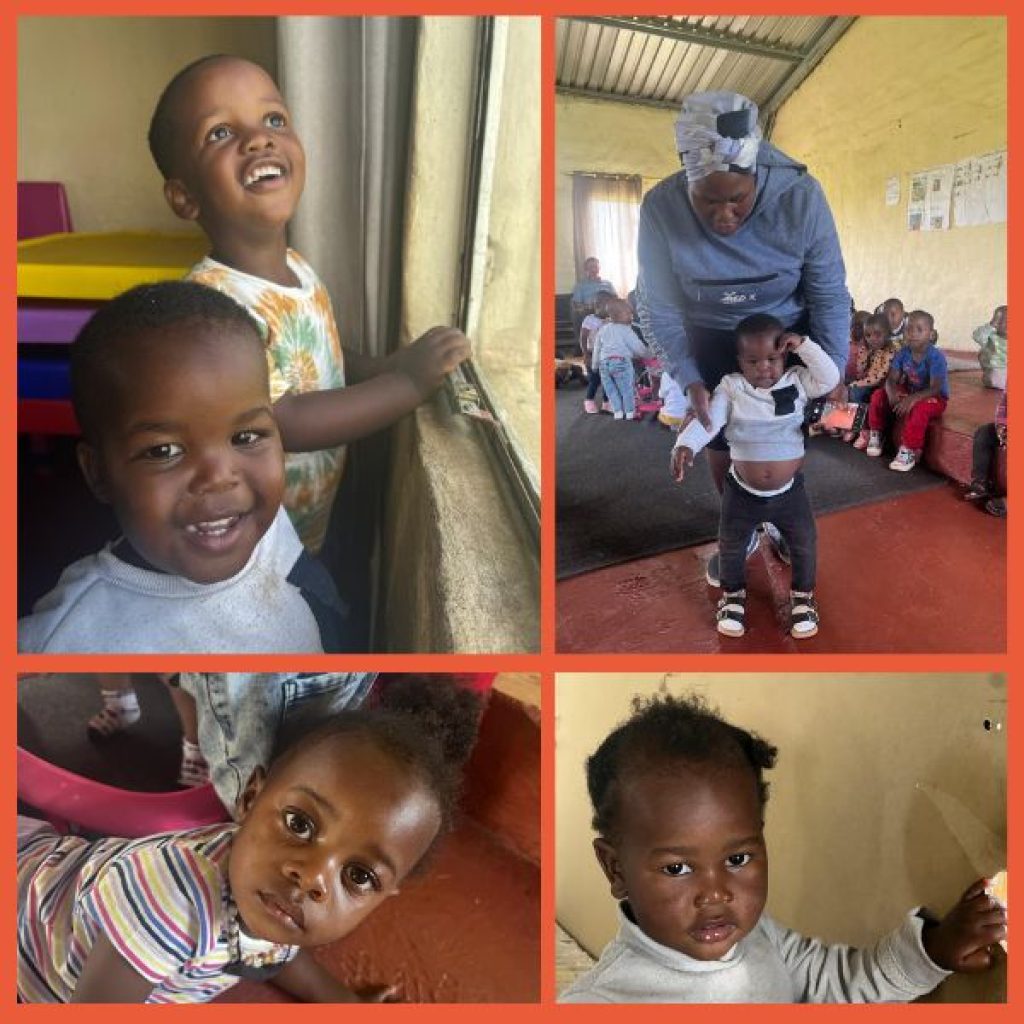
And yet, blessedly, even in this tsunami storm little bubbles of hope stubbornly emerge, and this hope bubbles upwards and we realise that every person supported by AAF is bolstering national hope.
So thank each of you for reading, loving, praying and supporting South Africa in her brokenness. Through your support you provide light and hope to AAF teams.
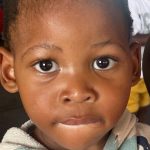
As they push on supporting, loving and caring for the forgotten, the hopeless and the lost, we still find forgotten children and open doors of education. We support teachers to go into schools to minister to little broken worlds of hope. We house tiny tots in safe spaces, get hungry babies fed, wormed and vaccinated. HIV medications land in bellies cushioned by countless vegetable gardens. We support tribal elders to whisper into young boys hearts that they ‘have what it takes’ and that girls are to be wooed and then treasured in marriage. We provide health care and medications for those who have none so that men can lead and provide for their children. The list goes on and on. Bubbles of hope forming rivers of life.
Because hope has to start with somewhere and with someone.
Despite the multiple challenges, AAF clings to our starfish vision which fuels our passion to build Africa, each day, one person at a time, through Indigenous trusted friends embedded in village life. Yes, we are aware of the seemingly insurmountable challenges we face, but we remain fuelled by our vision of one life at a time. AAF boasts a strong and robust faith, emboldened by our committed board in Australia. We are the Aarons and Hurs lifting up Moses’ arm (who go by different indigenous names).
This same Australian board has encouraged me to go beyond my writing and to road map for you, dear reader, the glorious, tender yet evolving shape of the handprint of AAF which has held hearts and touched souls in Africa since my early childhood in 1975 when mum and dad said ‘Yes… if not us then who?’
So today in 2024 we persist.
With every cent donated by the public reaching the most desperate.
Some trips to Africa it’s difficult to leave.
Not this one. In fact to escape from such florid brokenness was a gift.
It was a great physical relief to be gathered into the familiarity of our red flying kangaroo and to be lifted off African soil back towards the waiting arms of our people. As Johannesburg and her pain receded in the glorious mist of an ochre sunset it was also underpinned by the black mountainous clouds of a summer storm.
The plane definitively ascended above the storm as guilt descended on our souls. The gnawing injustice and searing inequality – that the depth, breadth and width of the brokenness existed – but that we could fly up and away above the storm simply due to a privileged birth. Whisked above and away from a broken rainbow world.
Below the endless ocean of ache and the summer lightning flashed hope in the sudden form of a memory of a blessed apple. On an apple tree in a forgotten corner on Robben island. A tree laden with unripened fruits, withstanding a storm of fat summer raindrops. A tree planted, perhaps by Mandela at a time of great personal pain and injustice. A tree he wrote of as he watched seasons roll on and on and pains pass by. A tree which perhaps nourished his trust in his creator and his own hope that good can sometimes be born from our bleakest moments. A tree, which at Easter especially calls to mind that Mandela knew, as we can, a creator who promised to one day to make all things new in this tired, broken world.
Nelson Mandela said at his Nobel peace prize award in 1993 that the children of the world should “Play in the open veld, no longer tortured by the pangs of hunger or ravaged by disease or threatened by the scourge of ignorance , molestation and abuse. Children are our greatest treasures.”
AAF strives to do just this !
AAF strives to do just this !
Hence Mandela day occurs each July and communities are encouraged to grow trees (especially fruit trees) in support of sustainable food production for vulnerable communities, to look out and up. God willing in each of our own lives, we can be met with that same promise and hope. Rainbows still hover after storms. Fruits still grow in thunder even when nations totter on the edge of an abyss. Thank you for standing through the storm with us, as we yearn to support the broken, forgotten, least of these.
On behalf of the AAF board,
Dr Jane Gray
Our work must continue… in November 1997 Mandela wrote of apartheid, and this image persists in KZN mountains we work in.
“apartheid continues to live with us in the leaking roofs and corrugated walls of shacks . In the bulging stomachs of hungry children, in the darkness of homes without electricity . And in the heavy pails of dirty water that rural soma carry for long distances to cook and quench their thirst”
All proceeds go directly towards AAF projects in Africa. All donations are tax deductible.

